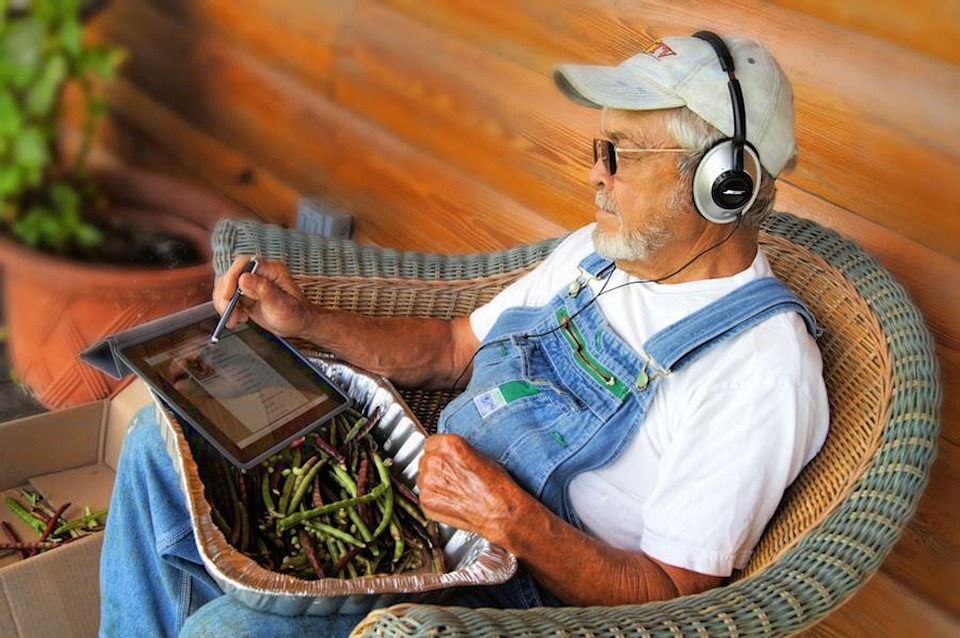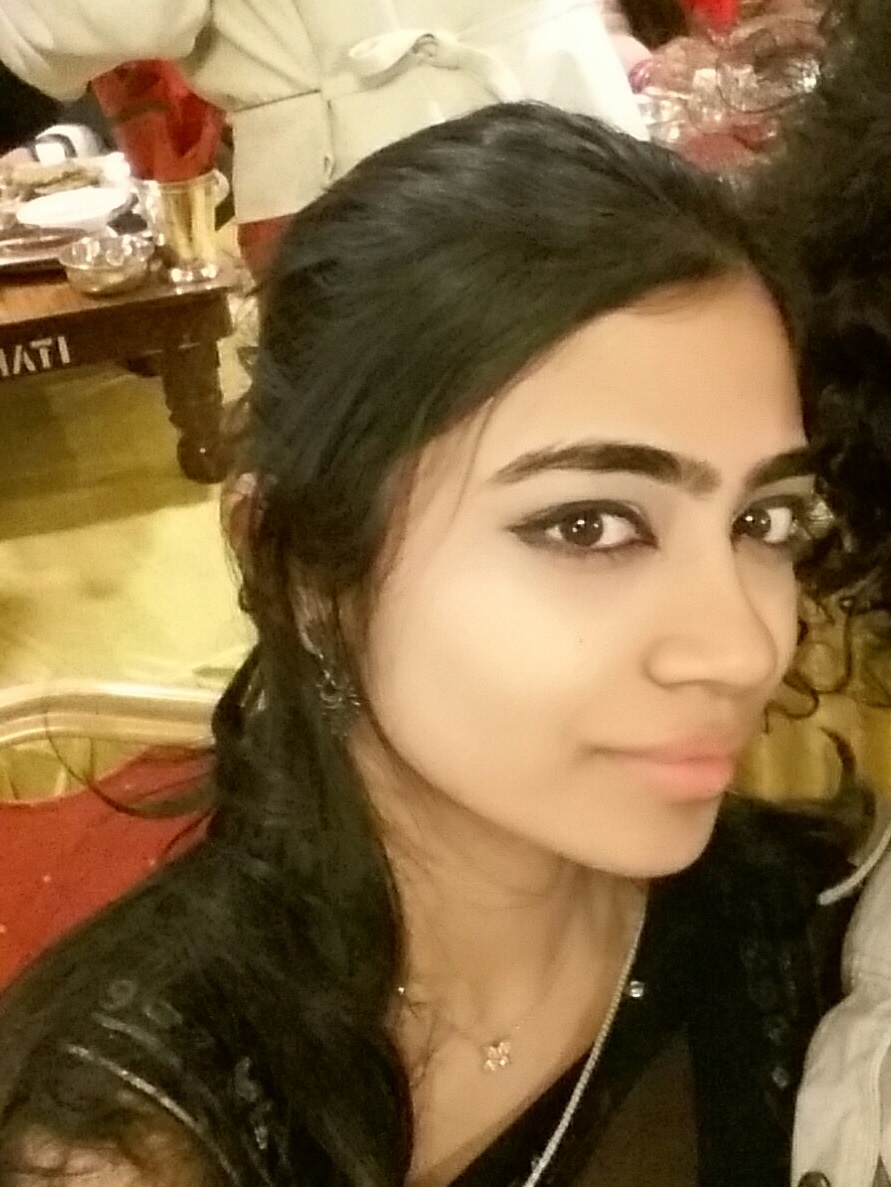
29 May The Halls Are Alive, With The Bond Of Music!
Worried about your parents getting older? Find out how you can use music to access the subconscious mind and connect with them at any age even with memory loss!
As we grow up, we get closer to our parents. Some of us notice that we’re taller than them, think faster than them or even out-run and out-dance our parents! Another inevitable thing we realize is that they start to age. And eventually so will we. We may notice that most of their memories fade away as they reach their senior years and that can become tough on us emotionally and mentally.
The answer lies in music. Music triggers pleasure points in the brain allowing us to recall good feelings.These pleasure points are governed by our subconscious mind. So play, make or sing with them and enjoy long lasting bonds that won’t break through music.
Why Music Is Good
Depending on the type and tempo, music can reduce stress and agitation, prompt word retrieval, calm and motivate, lower blood pressure and heart rate, and control pain.
An elderly man, in the throes of late stage dementia, is slumped over a wheelchair, unresponsive. When the nursing home staff gives him headphones and play familiar music from decades before on an iPod, he literally comes alive. He sits up, smiles, begins moving his head and hands, and flawlessly sings the lyrics to songs he hasn’t heard in 40 years.
Researchers are finding that there can be changes in neurochemicals when people either hear music they like or make music singing, chanting, or playing instruments such as drums. To put it simply, music activates the pleasure centers of the brain.
And don’t forget memory!
Music can help in recalling memories, which is really important for people starting to lose their memory. According to Concetta Tomaino, executive director and co-founder of the Institute for Music and Neurologic Function, a music therapist and researcher, “even at the end of Alzheimer’s, people still have recognition memory. If a person has a connection to a piece of music it’s usually because it reminds them of a person, place or time.” They might not remember your name or the experience, but they associate it with something special.
What You Can Do
Experts advise caregivers to play, make or sing music from their late teens or early 20s, or even when they were younger children. Their favorite pieces or singers, show tunes, opera, pop or classical can bring back sweet times. Dr. Theresa Alison, a musicologist as well as a geriatrician at the University of California, San Francisco, says her research shows “music works best when it is familiar and beloved.”
Dr. Alison encourages the family caregivers of her patients to sing with them on a regular basis. “Morning care is much better when singing than bossing them around,” she says. She advises quieter music when they’re walking up, and then picking up the pace for activities such as moving to the kitchen, let’s say. Dancing is something you can do together to Mom’s favourite tunes—and it’s fun!
Music triggers the brain for non-dementia conditions, too, such as stroke, Parkinson’s, Huntington’s. Parkinson’s patients who have trouble walking can often glide effortlessly across a room.
Bonding Through Music
“What is so powerful is we can use music to maintain relationships when we lose our words,” says Dr. Alison, who sings to, and with, her patients, some of who have dementia.
“Caregivers have cried when they’ve told me they’ve sung with parents. They say, ‘I got my mom back that day.’ These are some of most important moments in their relationships.”
She knows what those moments feel like. It was music that brought her closer to both her mother and grandmother, who had dementia.
At the end of her mother’s life, Dr. Alison sang to her and played music. And, when her grandmother could no longer talk, they sang together a song she had taught Dr. Alison as a child. “It was amazing,” says the geriatrician.
Have you used music with your parent? What have you noticed? Try it and tell us what you think. Use our relationship pack to become more mindful of dealing with loved ones with dementia.
Nehita is a mindfulness expert who writes extensively on lifestyle management, wellness and ways to lead a healthier and a happier life. She is a part of Aware’s expert team on meditation. She is also an avid artist who spends most her time dribbling amazing stories through art.





No Comments